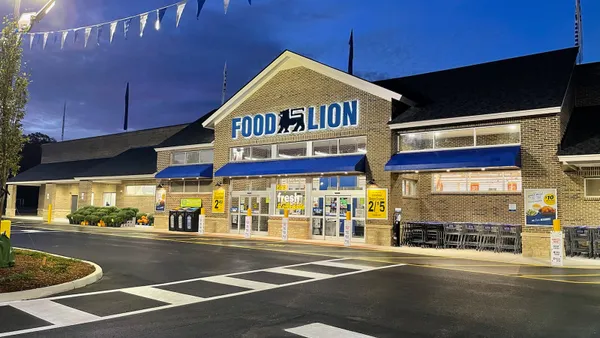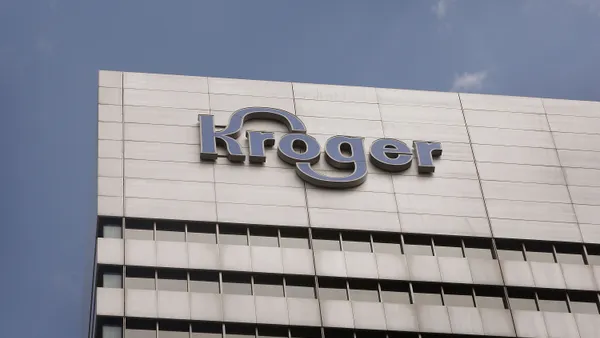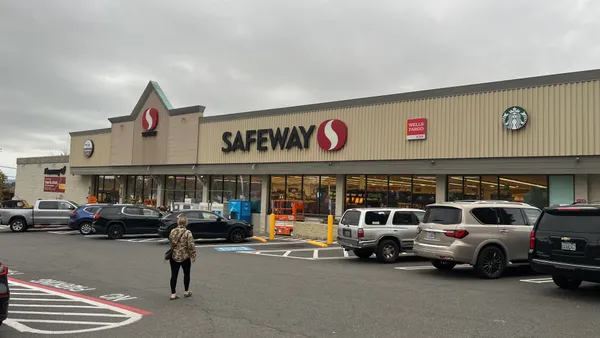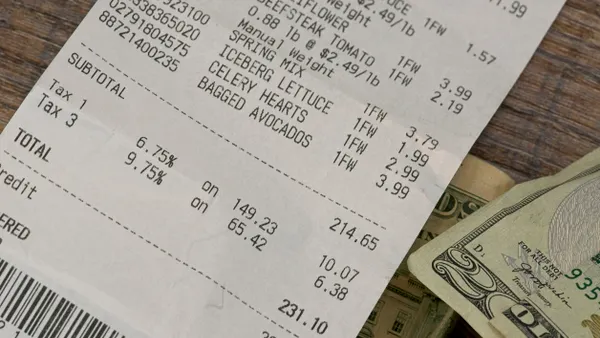Dive Brief:
- SpartanNash’s net sales for the second quarter of fiscal 2025 rose by just under 2%, to about $2.3 billion, the grocery wholesaler and retailer reported Thursday.
- Retail sales rose by almost 13%, to $763 million, while wholesale sales were off by 3%, to $1.5 billion.
- SpartanNash’s results represent its last earnings report before shareholders vote on the company’s plan to sell itself to C&S Wholesale Grocers.
Dive Insight:
SpartanNash has seen growth in its retail division outpace its much larger wholesale unit for several quarters in a row, and that trend continued during Q2 as incremental revenue from stores the company recently added to its portfolio helped power that unit’s growth.
Wholesale sales accounted for about two-thirds of SpartanNash’s sales during Q2, with the company’s retail operations responsible for the rest. By contrast, the wholesale unit brought in just under 70% of the company’s sales during the second quarter of fiscal 2024.
Comparable store sales in SpartanNash’s retail division were down during Q2 by about half a percentage point, which SpartanNash attributed to lower unit volumes. Comps were up by 1.6% during the first quarter.
SpartanNash attributed the decline in its wholesale revenue in part to lower volumes in its national accounts channel and the elimination of intercompany sales to Fresh Encounter, a regional grocery store chain SpartanNash agreed to acquire in October 2024, the company said in its earnings statement. Higher sales to military customers partially offset the declines SpartanNash recorded in its wholesale business.
SpartanNash recorded net earnings of $6.2 million during Q2, compared with $11.5 million during the same period a year ago. The company said the decline was due to costs associated with its pending sale to C&S, an organizational restructuring that involved position eliminations, higher incentive compensation and other costs.
SpartanNash did not hold an earnings call to discuss its latest results because of the deal with C&S. Shareholders are set to vote Sept. 9 on whether to approve the $1.77 billion transaction.












